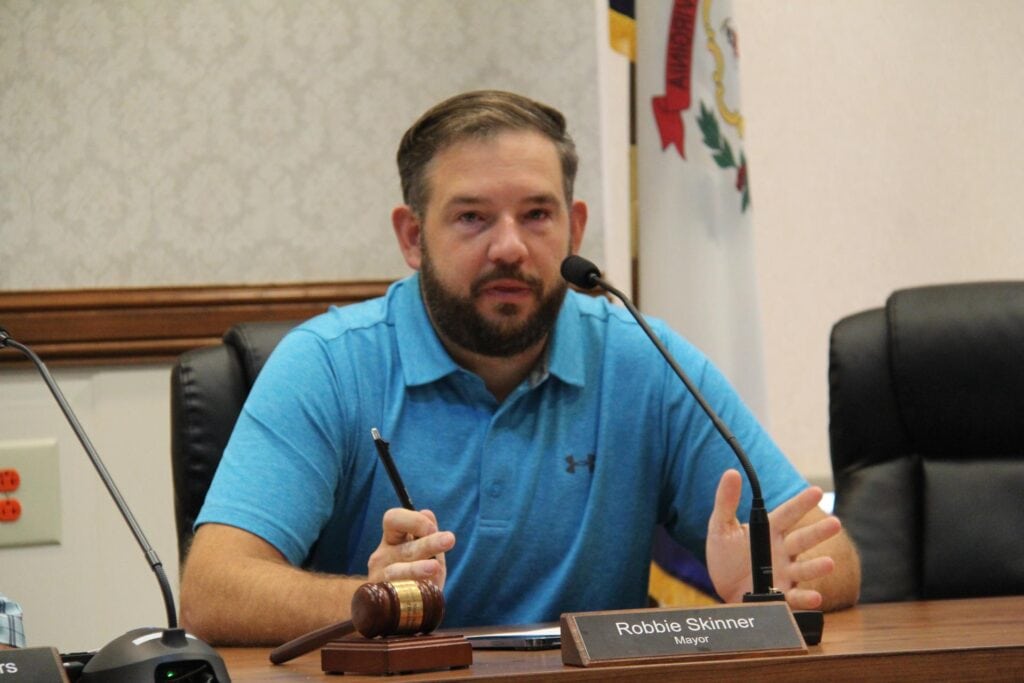Students in Fairmont State University’s Department of Engineering Technology have collaborated with the American Society of Civil Engineers West Virginia Section to draft the first-ever Infrastructure Report Card for the state.
The inaugural report was part of a special topics course taught last spring by Fairmont State Engineering Technology Professor, Tabitha Lafferre E.I., who was recently named the 2020 WV Young Civil Engineer of the Year.
“The ASCE has been doing a nationwide report for about 20 years now, but West Virginia had never before submitted a state report card,” Lafferre said. “So, I decided I would offer a class to create student interest in writing the report.”
According to Lafferre, who is also a co-chair of the ASCE WV Report Card Committee, the students in her class worked with professionals and state agencies to conduct research necessary to rating West Virginia’s infrastructure across five categories: roads, bridges, dams, drinking water and waste water. These categories were evaluated based on eight criteria: capacity, condition, funding, future need, operation and maintenance, public safety, resilience and innovation.
“It’s this type of experiential learning that distinguishes a Fairmont State education,” Mirta M. Martin, President of Fairmont State University, said. “Real-world, hands-on experiences like this separate our students from the crowd when they enter the job market upon graduation.”
The full report, including individual category grades as well as the overall state grade, was released this morning during the virtual ASCE WV Infrastructure Report Card Press Conference. West Virginia earned a cumulative “D” grade based on the following categorical grades: bridges (D), roads (D+), dams (D), drinking water (D) and waste water (D). Although this evaluation is not far off of the national cumulative average of D+, the committee said it indicates that the state’s infrastructure is in poor condition and in need of immediate attention.
Lafferre said report cards are typically issued every four years and that they are used to advise state officials and agencies on current infrastructure condition so that informed decisions can be made with improvement in mind.
“This will go into the hands of all of our legislators, policymakers and government agencies to use to advocate for future funding,” Lafferre said. “This report will serve as the standard for the state’s infrastructure for the next four years.”
According to Lafferre, the benefit of the partnership between the students and the ASCE is two-fold.
“Our students get a better education, and our state develops better engineers,” Lafferre concluded.
The students who contributed to project and are listed as official authors on the report include: Matthew Barrish, Ethan Crosten, Lauren Johnson, William Kropp, Owen Poling, Andrew Simon, Hayley Taylor, Kevin Watkins and Jerrod Young.
The full report will be published at https://www.infrastructurereportcard.org/making-the-grade/what-makes-a-grade/.













